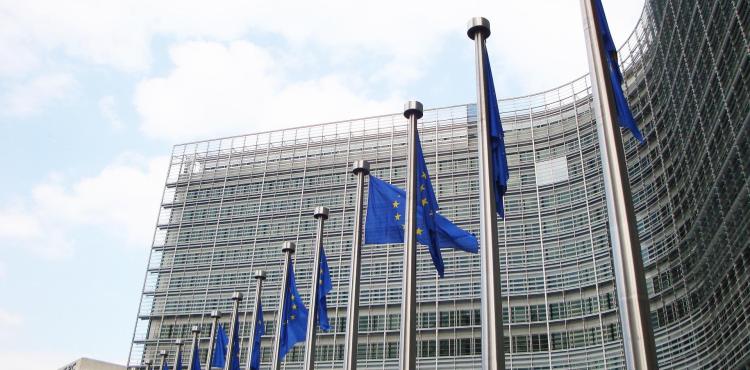
A bright future awaits the EU economy, since it has entered in 2023 in better condition than previously expected. According to the European Commission’s interim winter forecast, the growth prospects for this year are rising to 0.8% in the EU and 0.9% in the euro area. For both the EU and the Eurozone, the technical recession that was announced at the end of the year should be averted. The forecast also slightly reduces the projections for inflation for both 2023 and 2024.
After a strong growth in the first half of 2022, growth declined in the third quarter, albeit slightly below forecast. Despite the exceptional negative shocks, the EU economy avoided the contraction that was expected in the fourth quarter in the autumn forecast. The annual growth rate for 2022 is currently estimated at 3.5% in both the EU and the euro area.
The favourable developments, compared with the autumn forecast, improved the growth outlook for this year. The continued diversification of supply sources and the sharp drop in consumption have left gas storage levels above the seasonal average of recent years and wholesale gas prices well below pre-war levels in Ukraine. Moreover, the EU labour market continued to perform well, and the unemployment rate remained at its all-time low of 6.1% until the end of 2022. Confidence is increasing and January’s analysis suggests that economic activity should also avoid a contraction in the first quarter of 2023.
However, according to the Commission’s analysis, there are still strong negative elements. Consumers and businesses continue to face high energy costs and core inflation (headline inflation excluding energy products and unprocessed food) continued to rise in January, further eroding the purchasing power of households. As inflationary pressures persist, monetary tightening is expected to continue, burdening business activity and holding back investment.
The interim winter forecast projects growth of 0.8% in the EU and 0.9% in the euro area for 2023, 0.5 and 0.6 percentage points higher than the autumn forecast. The growth rate for 2024 remains unchanged, at 1.6% and 1.5% respectively for the EU and the euro area. At the end of the forecast period, production volume is expected to be almost 1% higher than forecast in the autumn forecast.
After a peak in 2022, inflation is expected to decline over the forecast period.
Three consecutive months of moderation of headline inflation indicate that the peak has been exceeded, as anticipated in the autumn forecast. After reaching an all-time high of 10.6% in October, inflation has fallen and the rapid January estimate indicates that it will fall to 8.5% in the euro area. The decline was mainly driven by falling energy goods inflation, while underlying inflation has not yet peaked.
The inflation forecast was revised slightly downwards compared to the autumn, mainly reflecting the development of the energy market. In the EU, headline inflation is projected to fall from 9.2% in 2022 to 6.4% in 2023 and 2.8% in 2024. In the euro area it is expected to fall from 8.4% in 2022, to 5.6% in 2023 and to 2.5% in 2024.
Risk assessment outlook is more balanced
While the uncertainty surrounding the forecast remains high, the risks for the growth are broadly balanced. Domestic demand could be higher than expected if the recent drops in wholesale gas prices were to have a stronger impact on consumer prices and consumption were to be more resilient. However, a potential reversal of this price decline cannot be ruled out, given the continuing geopolitical tensions. External demand might also be more robust following the reopening of China, but this could fuel global inflation.
The risks for inflation remain largely linked to developments in energy markets, reflecting some of the identified risks for growth. In particular, upside risks for inflation prevail in 2024, as price pressures may be wider and more entrenched than expected if the wage growth were to stabilise at above-average rates over a prolonged period.